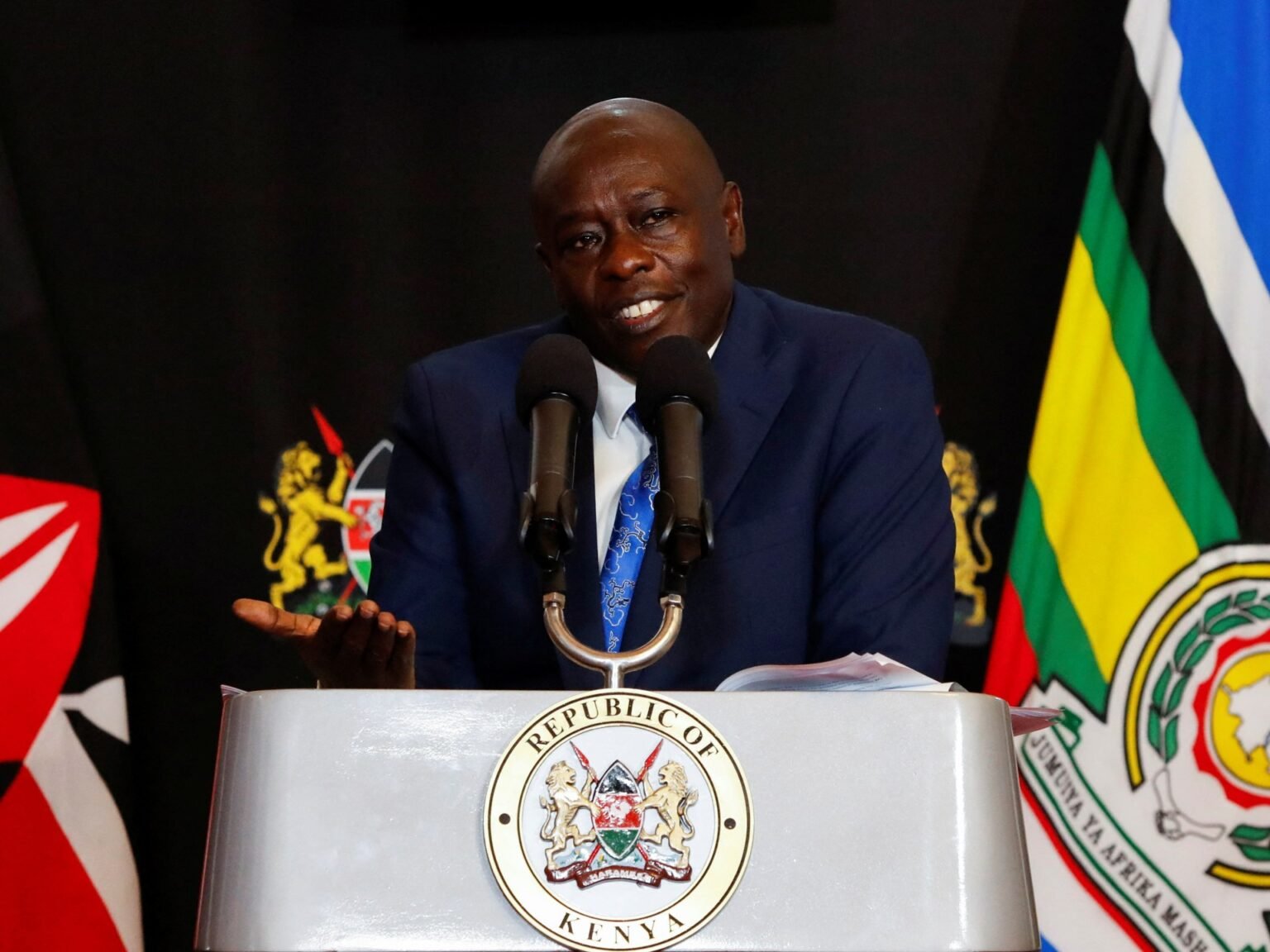Kenyan lawmakers have voted to impeach Deputy President Rigathi Gachagua for abuse of office, including corruption, insubordination, undermining the government, and promoting divisive politics. This motion was passed by a majority of members in the National Assembly, with Gachagua denying all charges and urging lawmakers to reconsider their decision. The impeachment will now move to the Senate for further approval, with Gachagua becoming the first deputy president to face removal through this process since it was introduced in the 2010 constitution.
Gachagua’s impeachment has sparked controversy and division within Kenya’s political landscape. He has been accused of violating multiple provisions of the constitution, including amassing unexplained wealth and promoting ethnically divisive rhetoric. Despite his protests of innocence, the motion to impeach him has gained significant support, indicating a growing dissatisfaction with his conduct in office. Gachagua has filed a court petition to stop the proceedings, alleging that he is being targeted by political opponents aligned with President William Ruto.
The Senate will have the final say on Gachagua’s impeachment, with a two-thirds majority needed for it to be approved. This process may also be subject to legal challenges, highlighting the complex and contentious nature of impeaching a high-ranking official in Kenya. Gachagua’s relationship with Ruto has deteriorated in recent months, with reports of political alliances shifting and accusations of being sidelined within the government. His comments on public sector jobs and development projects have further strained relations within the ruling coalition, leading to his impeachment.
Despite the looming threat of impeachment, Gachagua remains defiant and determined to fight the allegations against him. He has called on lawmakers to consider the evidence carefully and make a decision based on facts rather than political motivations. The outcome of this impeachment process will have far-reaching implications for Kenya’s government and political landscape, potentially reshaping alliances and power dynamics within the ruling coalition. As the first deputy president to face removal in this manner, Gachagua’s case sets a precedent for accountability and transparency in the highest levels of government.











